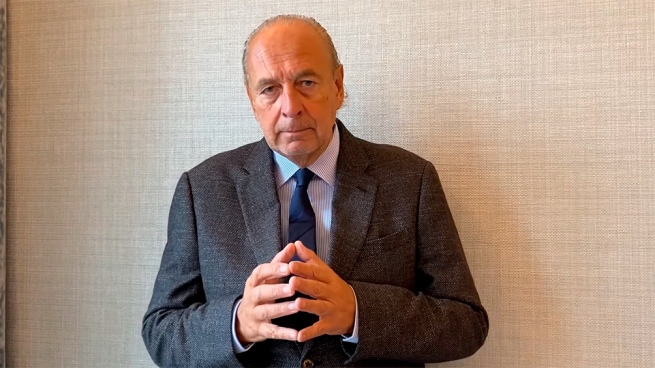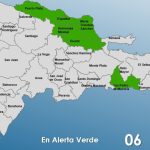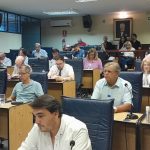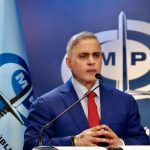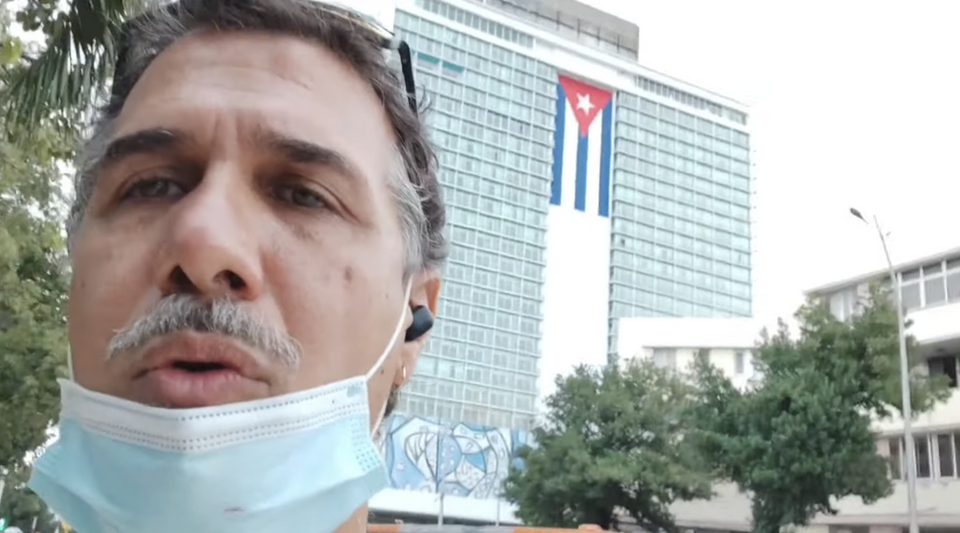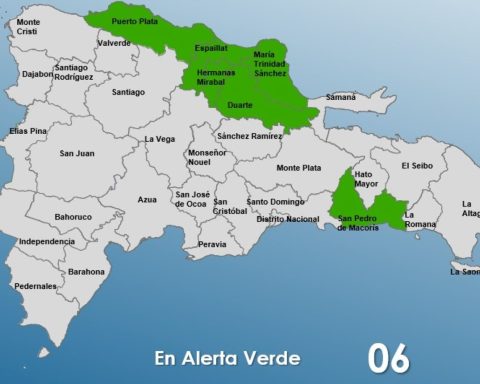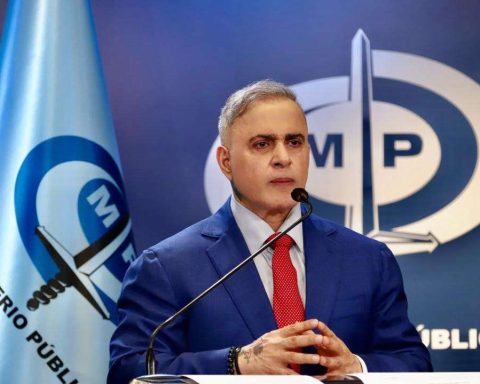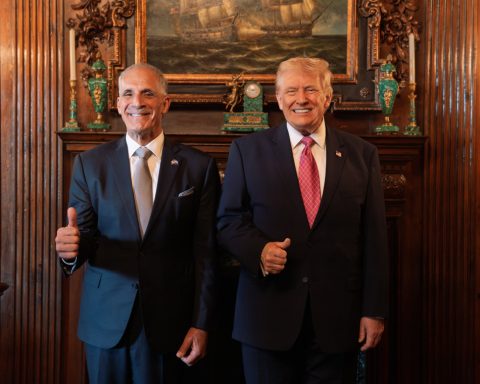The businessman José Luis Manzano affirmed that he observes “clear signs of reactivation of the demand and investment opportunities” in the country and stated that “all the underlying elements in Argentina are to be optimistic.”
In an interview with Télam, Manzano said that “there are signs of economic recovery” and stated that the negotiation with the International Monetary Fund “should end in an agreement that takes into account the needs of Argentines.”
Likewise, the executive considered that “Country risk indicators do not reflect the fundamentals of the economy; the fundamentals of the economy allow us to be much more optimistic.”
Originally from Mendoza, he was a national deputy for the PJ between 1983 and 1991 and Minister of the Interior between 1991 and 1993; After a stint in the US, he dedicated himself to business activity, in the media, the energy sector (oil, natural gas, lithium, uranium and copper) and food and beverages.
(S) Next, the main sections of the interview: (S
Télam: What is your analysis of the current Argentine economic context?
Jose Luis Manzano: The context allows one to be optimistic in the uncertainty of the pandemic; The country had a very high debt load, with inflationary and exchange rate inertia, but there are signs of economic recovery and the long negotiation with the Fund should end in an agreement that takes into account the needs of Argentines, especially the situation of Argentines most vulnerable; So, we see there a path that allows us to be optimistic; we are optimistic and we believe that it will work; That is why we have made two large investments this year with Edenor and Araucaria; the idea we have is to continue investing in Argentina; we are investing in lithium, in mining; We are very, very optimistic, we believe that the country risk indicators do not reflect the fundamentals of the economy, the fundamentals of the economy allow us to be much more optimistic.
T: What perspectives do you have on the economic reactivation you mentioned in light of the exit from the pandemic and the post-election scenario starting Monday?
JLM: Argentina has a solid, functional democracy, people participate, indicate preferences, corrections, demands with the vote, there is a mature political system; So, that is the basic answer, in the health of the political system and the base of the fundamentals of the economy resides our optimism; Obviously, there are people who think differently about the market, who believe that it does not, and people who are interested in it not working, but we believe that they are wrong. We see reasons to be optimistic in Argentina; That is why, as they say in the market jargon, ‘we are long in Argentina’, because we believe that Argentina is going to work, that Argentina is going to do well.
T: The Indec published indicators of economic activity that show improvements compared to the periods prior to the pandemic. Do you see this impact on the different business units they have?
JLM: The clearest element is that there are signs of demand and even today I was reading in the media several businessmen who were reported and gave less positive views of what I am saying, but said that everyone they knew was investing and selling well; It seems to me that we have to put the two things together: we see clear signs of reactivation of demand and we see investment opportunities, and we say this because it seems to us that there is an overreaction of negativity that can be linked to short-term issues, but all Background elements in Argentina are to be optimistic; we are very optimistic and we are investing, in the last two years all we have done is invest.
“Argentina has a functional, solid democracy, the people participate, indicate preferences, corrections, demands with the vote, there is a mature political system; then, that is the basic response, in the health of the political system and the base of the fundamentals of the economy lies our optimism “
T: Do you think an agreement will be reached with the IMF?
JLM: I think it can be reached, but obviously it is not a simple agreement because there is a lot of poverty, there is a very large debt burden and an agreement has to be sustainable, it has to recognize the needs of the most vulnerable; That is on the table, an agreement should be reached, and an agreement of these characteristics that respects Argentina’s needs will create conditions for accessing international financing to the private sector and will decompress variables in the economy; An agreement with a traditional adjustment that does not take into account the needs of the most vulnerable sectors will be short-term because there will be a social reaction.
T: President Alberto Fernández met this week with a multinational business sector and plans to convene the opposition, businessmen and trade unionists after the elections to seek an agreement. How do you evaluate this call?
JLM: I believe that in democracy leadership corresponds to politics, that is, leadership will correspond to the President, the Vice President and the leaders of the opposition in Congress; They have to be accompanied by the business sector and by workers and obviously the voice of employers and workers has to be heard, but in a democracy the mandate resides fundamentally in those elected, in those who have the popular mandate and those who may have a A look at the whole, and later, the businessmen as a sector, the workers and the social organizations, will have to contribute their part; but without any doubt, a dialogue and the search for coincidences would strengthen and accelerate the arrival of an economic stabilization; In a scenario of permanent confrontation, it is very difficult to stabilize an economy.
